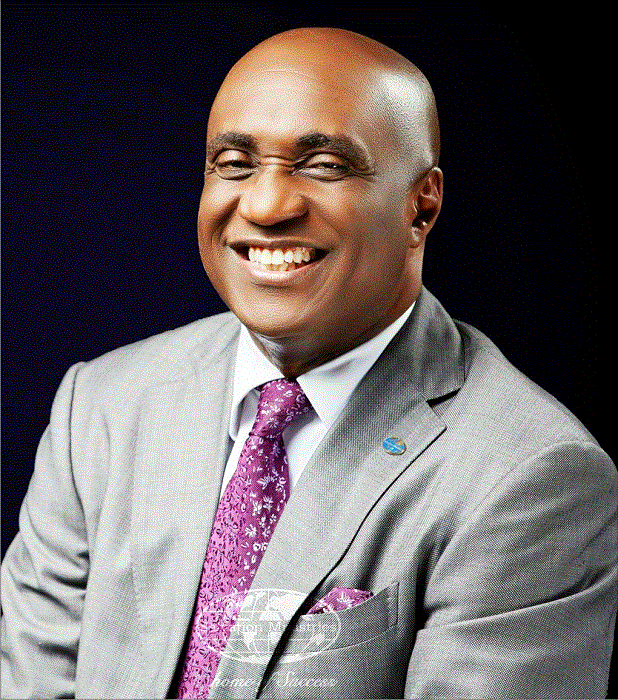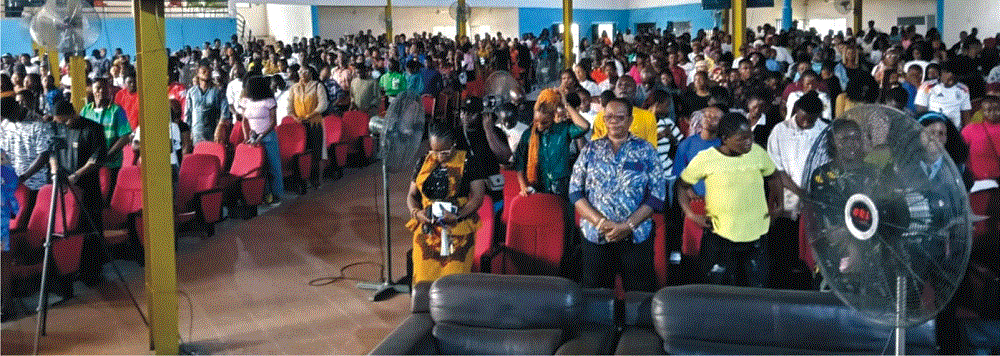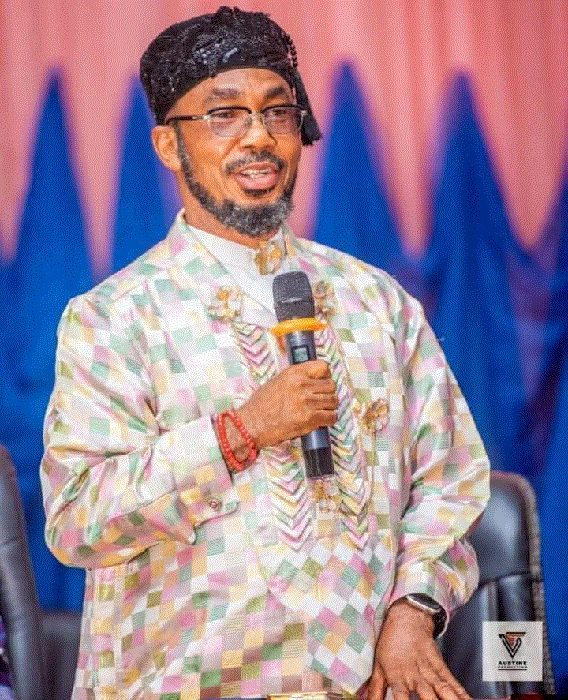Reactions Trail Why RevolutionNow Failed
Debate as to why conveners of the planned nationwide protest, christened Revolution Now have failed to achieve their targets has continued just few days after the arrest of the leader of the group in Lagos, Omoyele Sowore, by men of the Department of State Services, DSS.
Those who reacted to the protest which many believed was aimed at sensitizing Nigerians about the need to rise up to national challenges under the present administration of President Muhamadu Buhari had also queried the modus operandi of the group. Pundits at different fora for a opined that the name revolution must have triggered the arrest of the arrowhead of the intended nationwide demonstration.
According to a Port Harcourt resident, Mr. Clement Addo, a civil servant, the Revolution Now came all of a sudden to many Nigerians. “No adequate sensitization and the conveners did not take time to explain to Nigerians what they were up to,” he said.
Also, Mary Tolofari, a student of the University of Port Harcourt reacted thus: “I just don’t understand. I think people have the right in a democracy to express their minds. The protesters can be arrested if they are found to destroy things or declare war on the government. Otherwise , I don’t know .”
However, the failed protest was also a subject of debate on Nigeria Info current affairs programme. One of the guests who spoke about the protest, Barrister Wokocha (an Associate Professor of Law at the Rivers State University, UST) had said protest in a democracy is constitutional, but should be done according to the laws of the land. He said protests should be peaceful, without infringement on the rights of others. He opined that organizers should have highlighted an agenda upon which there would have been enough awareness.
On the choice of Lagos as the venue of the commencement of the demonstration, Barr. Wokocha said that Lagos was only the commercial nerve center of Nigeria and should not have been the platform for the launch of the protest. He argued that Abuja being the seat of power would have been appropriate. But he argued further that citizens’ rights to protest can be stalled by government when against public order. According to him, the use of the word revolution may have called for concern and noted that government may be in possession of secret information about the planned protest before swinging into action to forestall breakdown of law and order.
Others who phoned in during the radio programme monitored by this medium were of the opinion that government never prevented demonstrations that were favourable to them, except anyone they were not comfortable with.
But, a check by National Network around Port Harcourt revealed that the protest did not pull any effect despite police preparedness to ward off tension. The police and officers of the Nigeria Securities and Civil Defence Corps were seen mounting security at strategic points in Port Harcourt. For instance, the security agencies deployed their men and logistics at Isaac Boro Park, Rumuola and other important locations.
The Rivers State Police Command, through its Public Relations Officer, DSP, Nnamdi Omoni, said the police had mobilized its men based on order from the Inspector General of Police and in tandem with the subsisting ban on public demonstration in the state. The police had warned that it would deploy both minimum and maximum force to disperse any protesters.




